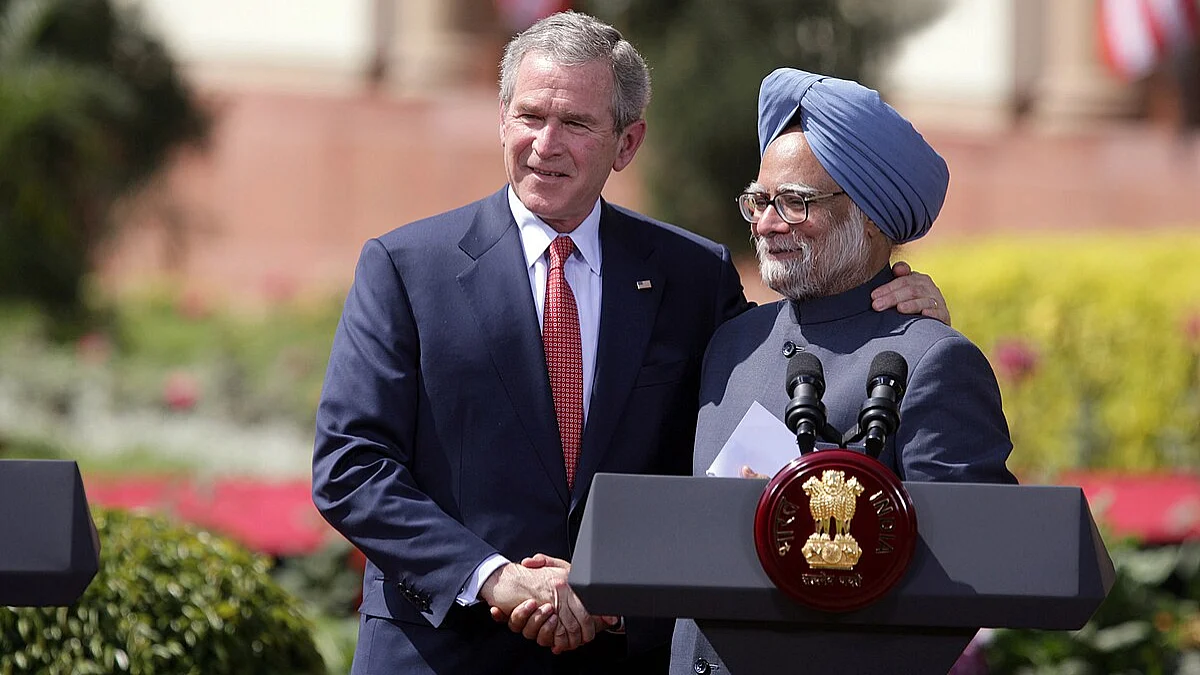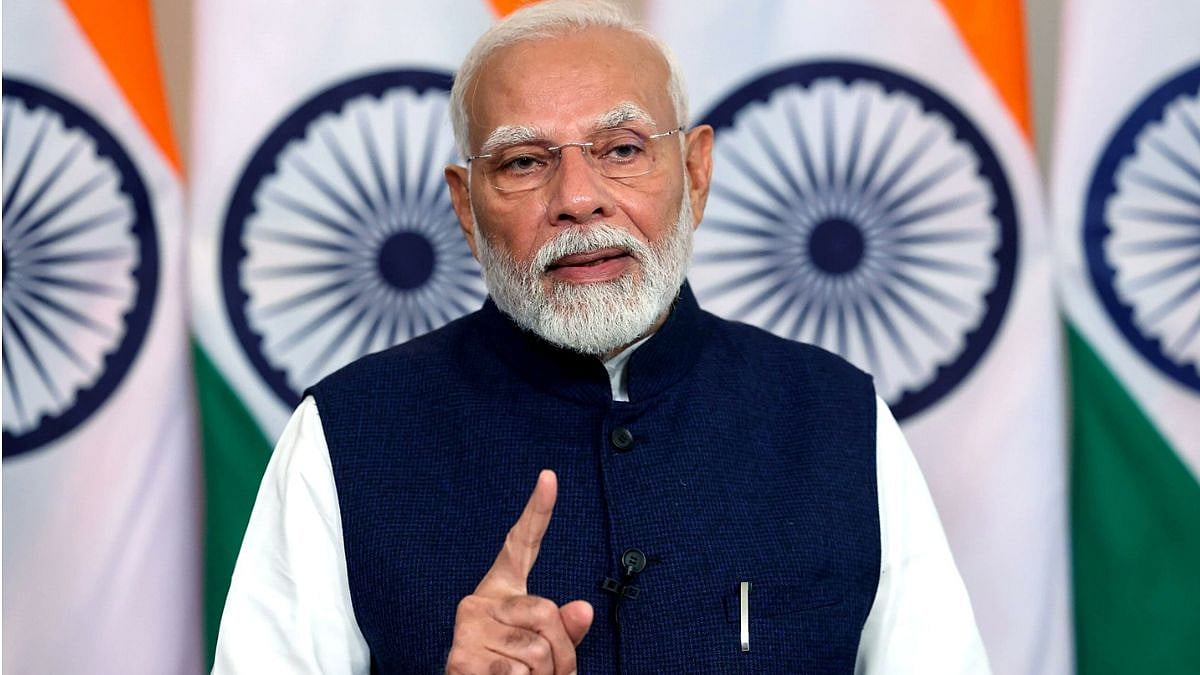Only the wearer knows where the shoe pinches. The long letter a mother, Anita Augustine, wrote to the Chairman (India) of the multinational firm Ernst & Young, Rajiv Memani, cannot help but bring tears to the reader's eyes. She writes about how her daughter, Anna Sebastian Perayil, a Chartered Accountant who joined the company in March, found the working conditions so tough that she couldn’t cope, losing her health in the process and dying in less than six months after joining the company. Her purpose in writing the letter is not to demand compensation but to highlight the near-impossible conditions in which the employees work. As a fresher, Anna would be given assignments at night to be completed by morning. Many had quit the company for this reason, but she carried on, little knowing that it was taking a heavy toll on her health.
The most distressing point in her letter is that when her daughter died, nobody from the company came to offer condolences or to support the family. What she described is true of many hi-fi companies, including multinationals, in India. They do the work of their principals in countries like Europe and America, where the rates of remuneration are very high. They pay what seems like good salaries but extract an enormous amount of work from the employees. Unlike in the past, when employees worked only in offices, they are now forced to work from home as well. They do not receive the benefits of labour welfare laws, as companies purposely structure job contracts to evade them. It’s no wonder that many employees working at firms like Ernst & Young experience burnout before they reach middle age. Alas, there are some like the Infosys chief who advocate for increasing working hours. But people work to live, not live to work.







